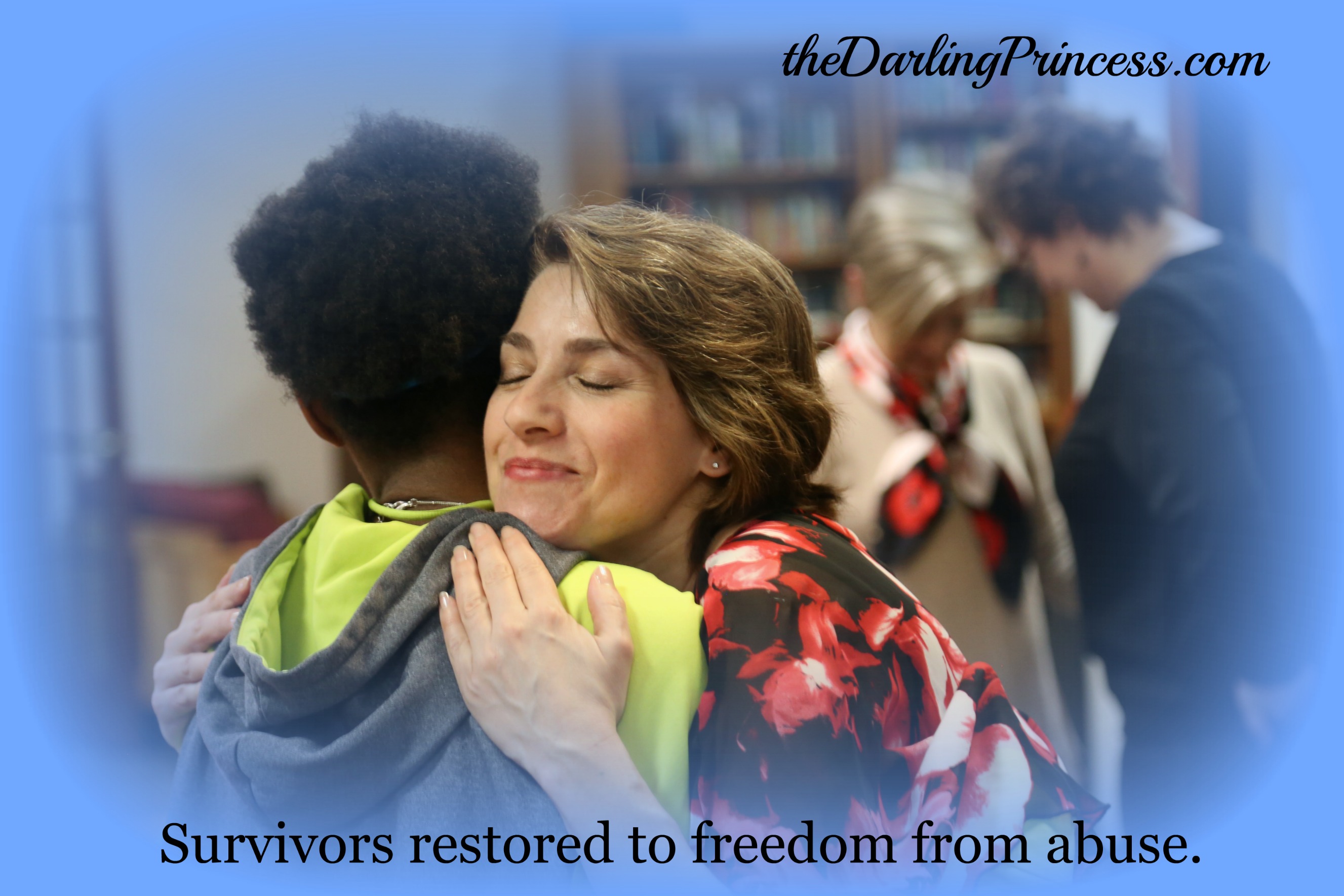
Help Juvenile Sex Trafficking Survivors
I hope to help juvenile sex trafficking survivors and adult survivors too. Both labor and sex trafficking happen here in the United States and both domestic and international victims need help to become survivors. Ultimately, for survivors to thrive, safe housing and a restorative environment are key.
From Victim to Survivor
I’ve been asked a couple of times to write a letter in support of transitional housing for victims of human trafficking. Most recently, I wrote one similar to the following:
To Whom It May Concern:
In support of transitional housing for survivors of human trafficking, I would like to share a bit of my experience with juvenile sex trafficking in New England, with you.
My experience is not atypical. I had high Adverse Childhood Experiences, which made me vulnerable to exploitation. From child sexual abuse and the poverty of divorce to physical abuse and drug and alcohol abuse on both sides of my family, I scored a perfect ten. An ACEs score of four or above is considered high risk for vulnerabilities and many difficulties later in life.
At age 13, I was targeted by a man who befriended me. He gave me the affection I craved. He sold me to a businessman, the first time, on my 14th birthday. Four years of brutality and all sorts of deprivations ensued: days at a time without food, exposed to the elements, diseases, and many violent experiences. I was involved in the DCYF, the justice system, and foster care.
Hope
I had no hope for myself, no future that I could see. I’d attempted suicide on numerous occasions. Because the core violation of child sexual abuse had retarded the development of my executive reasoning, I had no way to evaluate outcomes and consequences or the repercussions of my behavior. It was not until I was eighteen and pregnant that I escaped from the transient life of hopelessness.
I did not step foot in a high school, instead, I lived in my sneakers. I did not know how to behave in most situations. Pent up trauma held me in bondage to emotional outbursts for many years. During my pregnancy, I learned how to behave, to talk through problems, to fill out paperwork, to get a driver’s license, a GED, and many other important life skills.
It was because of one Catholic woman and those who supported her, who had opened her home to traumatized girls like me. Had she not provided a structured environment with intention and without cost, I would not be alive today. I certainly, not speaking, traveling the country, and providing valuable information through my educational company. Escaping the hostile environment and staying in her safe shelter changed the trajectory of my life. Therefore the lives of many others.
I ask you to support this vital work, to give other girls like me the hope of a future and the invaluable skills to live a life that extends that hope to the community.
Thriving Survivors
In my work, I speak with a lot of people. I have yet to encounter anyone who disagrees with the premise that a safe environment free from abuse and full of compassion fosters healthy restoration for victims of sex trafficking. Housing is the single most important environmental factor. Homelessness is often the condition that caused the initial vulnerability, in the first place.
Even when victims have stable housing, they are living in an exploitive environment. Environment is more important than willpower or any other factor. I believe that the high recidivism rates among trafficked women is largely due to the inability to find housing with an appropriate amount of compassionate, restorative care and accountability. This is because we are all unique individuals.
Some people just need to sleep for three weeks before they can do more than that. They cannot assimilate and process the house rules and what will be required of them until the have had the physical rest that their bodies need. Others are a swirling body of stress chemicals that forces them to be active in some way. So, without options for finding the best way to express and process their energy, they revert to childhood expressions of either severe withdrawal and outbursts or they run.
If housing is first, finding their personality traits, assessing strengths and weaknesses, and learning about themselves immediately follows.
What Thriving Means
Thriving means we are being our best selves. We are living at peace with ourselves and with our Creator. Knowing that each of us is created by a loving God who only wants the best for us can be VERY difficult for a victim of sexual abuse. The core violation of child sexual abuse is especially harmful, because it interferes with the way we process information and the trauma has physical effects in the brain.
Understanding that God is good and that He is sovereign is complicated. God created everything, but He gave people free will and many people use their free will for good, but many also use it to hurt others.
What means can we use to thrive? That depends. Because we are each uniquely designed, we each have purposes beyond what we’ve been taught by the world. So, if the world has taught you that you have to use your body and allow others to use your body for sex in order to survive, you’ll need to unlearn that. I had years of programing to undo.
That process will be different for each person. There are some foundational concepts that we can use to help juvenile sex trafficking survivors thrive.
How
~Carefully assess the physical, mental/educational, psychological, social, and creative needs the person has. It is number one and probably the hardest. This could take weeks or months.
~Providing the means to express the energy each one has. Whether that means improving basic reading and language skills or advanced mathematics is a function of individual need. Perhaps, it means granting blocks of time for artistic expression with varied medium. It could mean long walks in the woods or high energy physical activity, like martial arts.
~Grounding and developing new coping skills because the coping mechanisms that helped us survive during our juvenile sex trafficking experience are not sustainable. Using dissociation worked for a while, but we need to know how to be present to really thrive.
~Negotiate the trauma with us. There are lost of therapies that can help, but there is none that will be perfect for everyone. I think that, since we live with ages and stages, ebb and flow, ups and downs, and life in not linear that we may need different approaches at different times. So, patient persistent options are invaluable.
~Encourage selective online experiences. Many juvenile sex trafficking victims were targeted by online predators. Many survivors are online too, sharing as a community of help, hope and healing. Being online is not good for everyone, but the perfect outlet for others.
Do you have thoughts? Please add your comments. I’d love to hear what you think.



